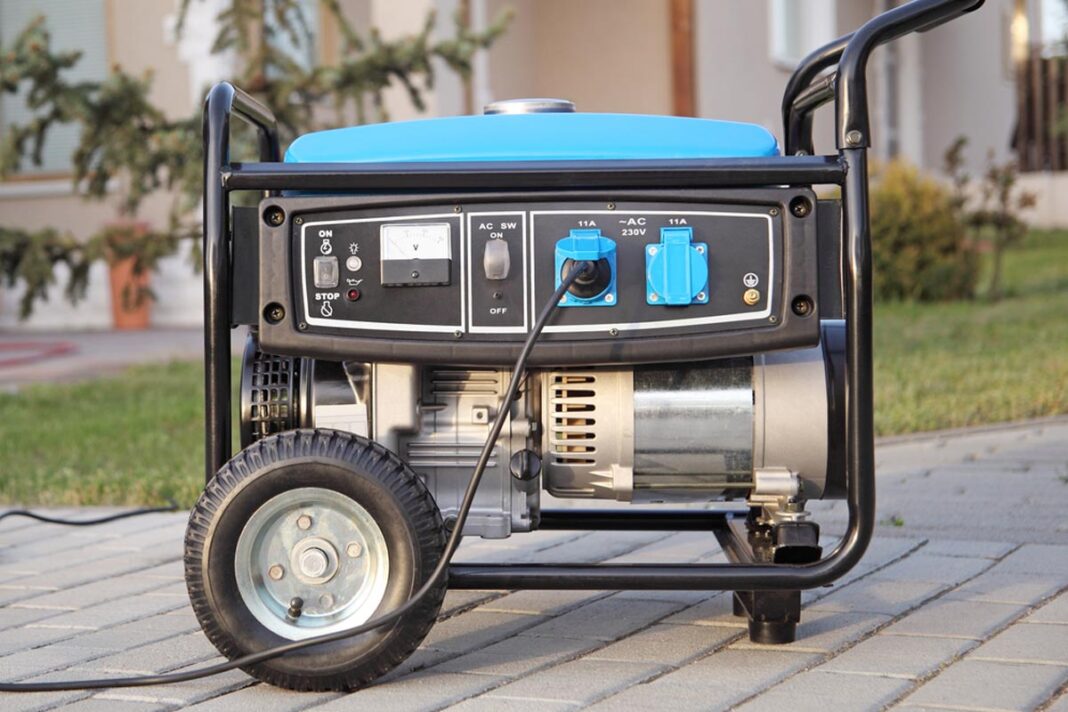Are Portable Generators Sustainable?
Portable generators are increasingly used to provide electricity during power cuts, outdoor activities, and work sites. With growing concerns about the environment, it is important to consider whether portable generators can be sustainable.
This blog will explore all the aspects of their sustainability to help you get the most out of your new generator.
Understanding Portable Generators
Portable generators are devices that generate electricity and can be easily moved from one location to another. They typically run on petrol, diesel, or propane. These generators are widely used due to their convenience and ability to supply power when needed. However, their environmental impact is a topic of debate.
The Impact on Our Environment
One of the main environmental concerns with portable generators is their emissions. Most portable generators use fossil fuels, which release carbon dioxide (CO2) and other pollutants into the air.
These emissions contribute to air pollution and climate change. The amount of CO2 emitted depends on the generator’s size and the type of fuel used. Generally, diesel generators produce more CO2 compared to petrol or propane generators.
Despite these emissions, portable generators can still be considered sustainable when used responsibly and with the right technologies. Innovations in generator design have led to more efficient models that consume less fuel and produce fewer emissions. Furthermore, using cleaner fuels like propane can reduce the environmental impact.
What About the Weather?
Weather conditions play an important role in the sustainability of portable generators. Traditional fossil fuel generators are reliable in various weather conditions, which is why they are often used in emergencies. However, extreme weather events, such as storms and floods, can pose challenges to their operation and increase the risk of accidents.
Solar-powered generators, on the other hand, depend heavily on weather conditions. They require sunlight to generate electricity, but are there any limitations in cloudy or rainy weather?
Additionally, advancements in solar technology are improving their efficiency, even in less-than-ideal conditions. Additionally, battery storage systems can store solar energy for use during cloudy periods, making solar generators a more viable option.
Are They Fuel-Efficient?
Fuel efficiency is an important factor in the sustainability of portable generators. More efficient generators use less fuel to produce the same amount of power, which reduces emissions and fuel costs. Choosing a generator with a high-efficiency rating can make a noticeable difference in its environmental impact.
There are also alternatives to traditional fuel-powered generators. Solar-powered generators use renewable energy and produce no emissions, making them an eco-friendly option. They are also quiet, which reduces noise pollution.
While their power output may be lower than conventional generators, they are suitable for smaller power needs. Battery-powered generators are another alternative, though they require charging, which might still involve using electricity from non-renewable sources.
How Long Do They Last and How Are They Disposed?
The lifespan and disposal of portable generators are critical factors in their sustainability. Generators have a limited operational life, typically between 1,000 to 2,000 hours, depending on their quality and maintenance. When they reach the end of their life, proper disposal is necessary to prevent environmental harm.
Recycling programmes for generators are available but not as widespread as needed. Generators contain metals and hazardous materials, such as lead-acid batteries, which can be harmful if not disposed of correctly. Encouraging more recycling programmes can help mitigate the environmental impact of old generators.
The Future of Portable Generators For Everyone
The future of portable generators looks promising with the development of more sustainable technologies. With the advances in battery storage, solar panels, and fuel cells offer new possibilities. Hybrid generators, which combine traditional fuels with renewable energy sources, are emerging as a more eco-friendly option.
Public awareness and demand for greener products can drive innovation in this field. Supporting and investing in renewable energy sources will play a crucial role in making portable power solutions more sustainable.
Making a Greener Choice For Our Environment
To reduce the environmental impact of portable generators, choose models with high fuel efficiency and maintain them properly to extend their lifespan. When possible, consider alternatives like solar or battery-powered generators, especially for smaller power needs.
Dispose of old generators responsibly by finding a recycling programme in your area.
While traditional portable generators do have environmental challenges, there are ways to minimise their impact.
With responsible use and massive improvements made in technology, portable generators can be a more sustainable option for providing power.
